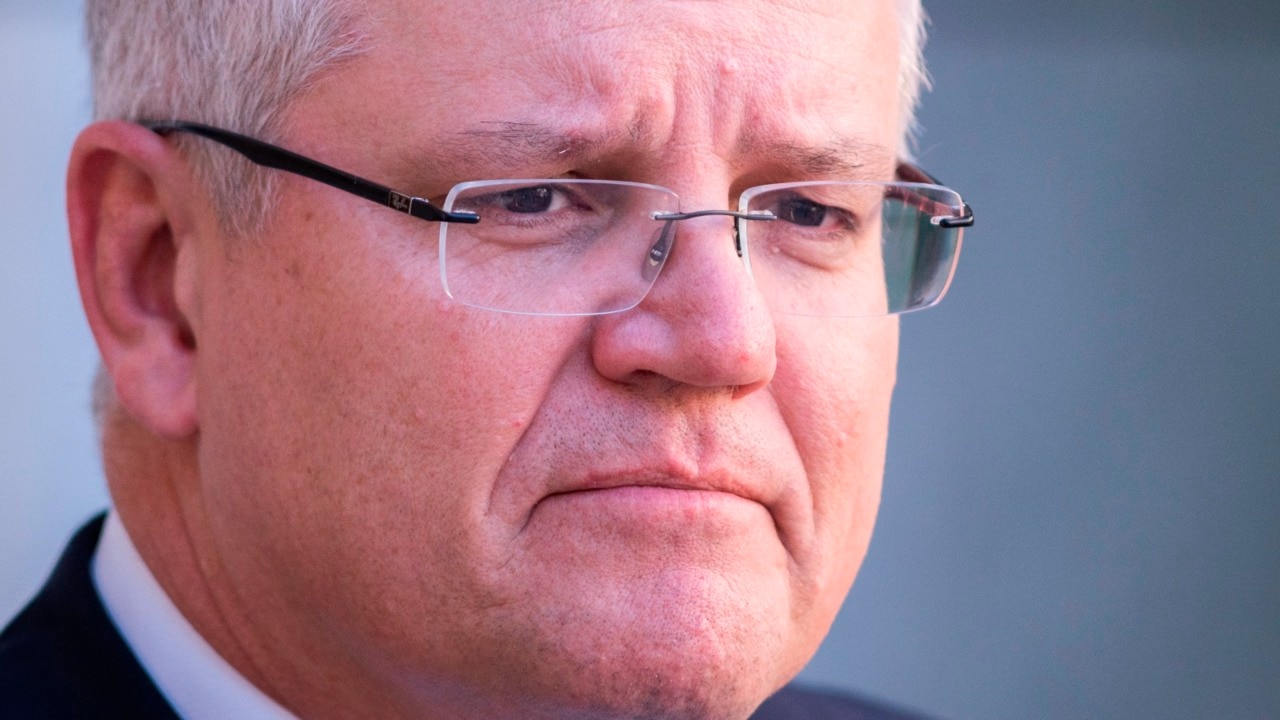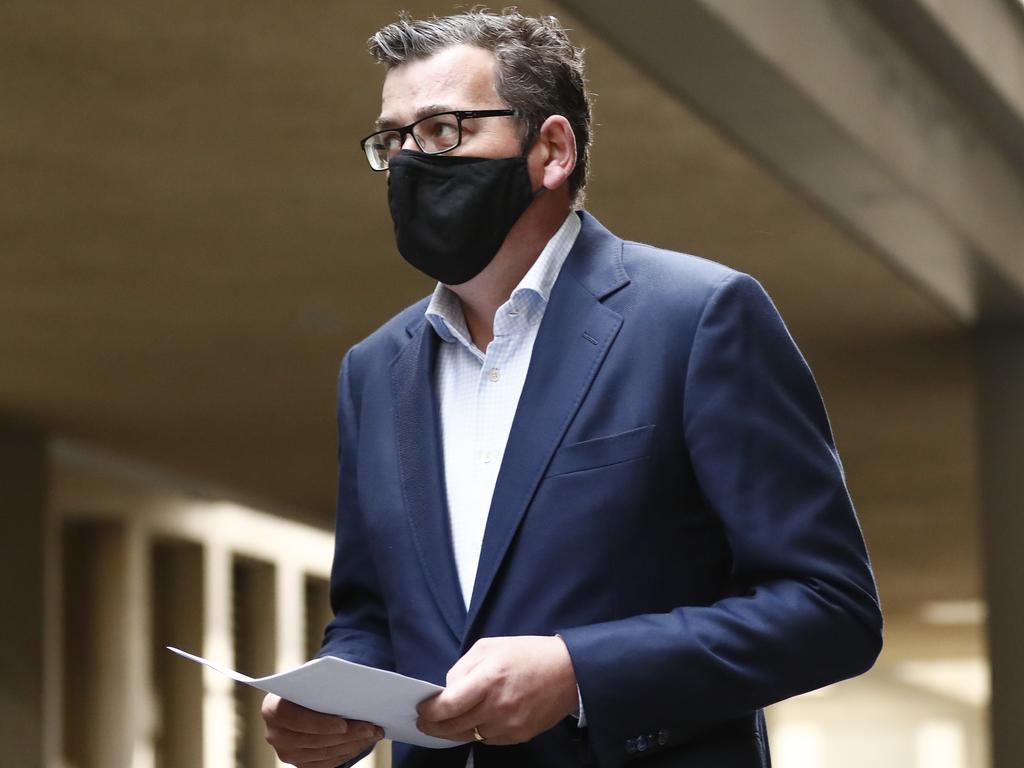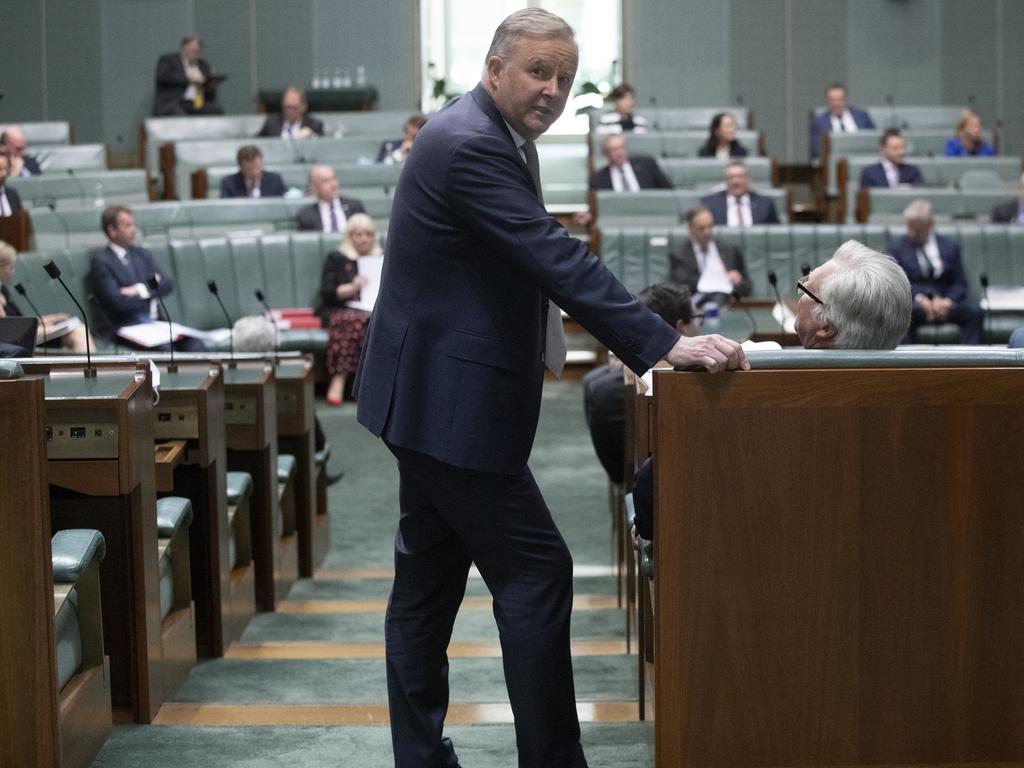Aussies are not all good: top spy Rachel Noble
The threat to our way of life has never been ‘more real’, Rachel Noble will say in her first major speech as ASD boss.

Australian Signals Directorate boss Rachel Noble will on Tuesday justify her agency’s powers to gather intelligence on Australian citizens, declaring the threat to the nation’s way of life has never been “more real’’.
Ms Noble will use her first major speech since becoming the nation’s top cyber spy to argue that the ASD needs to use hi-tech tools to hunt down homegrown spies and terrorists “not on our side”. As the Morrison government pushes to expand the ASD’s role in fighting domestic security and criminal threats, Ms Noble will declare that “not all Australians are the good guys”.
Ms Noble, who took over from now ASIO director-general Mike Burgess in February, will say that the ASD’s role is more important than ever. “We are in a near-impossible game. The threat to our way of life is more real today than at any time I have known in my career,” she will say.
She will highlight the security agency’s powers under 2001 laws to monitor Australians with written ministerial consent, while ruling out widespread surveillance of the nation’s citizens.
“Our ability to collect intelligence on Australians is not new because not all Australians are the good guys. Some Australians are agents of a foreign power.
“Some Australians are terrorists,” Ms Noble will say.
“Some Australians take up weapons and point them at us and our military. Some Australians are spies who are cultivated by foreign powers and are not on our side. Our allies have similar powers.”
Speaking at the ANU National Security College on Tuesday, the ASD director-general will argue that the agency’s powers to monitor Australians are available only under a narrow range of circumstances, including when lives or national security are at risk, or when a person is acting on behalf of a foreign power.
“There are many careful controls which also protect Australians from ASD and its capabilities.
“I want to underscore this point when it comes to intelligence collection and cyber offensive operations, ASD is a foreign intelligence agency,” she will say.
“It is a matter for ASIO to concern itself with Australians who may pose a threat to our way of life.
“ASD cannot, under law, conduct mass surveillance on Australians nor has it ever sought to.”
Amid escalating cyber threats to governments and critical infrastructure operators by state-based actors and criminal groups, Scott Morrison in June moved to significantly ramp up ASD personnel headlined by 500 newly trained specialists at a cost of $470m.

The Prime Minister’s cyber security strategy, bolstered by a $1.35bn boost to cyber defences across the decade, will include expanded capacity for the ASD to support law enforcement agencies, including the Australian Federal Police and Australian Criminal Intelligence Commission, to hunt down international scammers, pedophiles, terrorists and criminal gangs. As part of the scaling-up of the ASD’s remit, the cyber intelligence agency will oversee “strategic mitigation” offensive measures to disrupt foreign actors targeting telecommunications infrastructure.
Ms Noble will argue that the ASD’s core mission — “to collect intelligence about foreign adversaries and to protect the security of our own information” — has remained unchanged since the agency’s formation 73 years ago as the Defence Signals Bureau.
Yet the agency has evolved to protect the nation against a more complex range of threats, “from state actors to low-life opportunistic criminals”, targeting not just the government and military “but our private sector, small business, families and individuals”.
“Posing such threats was once the remit of only great and powerful state actors — now it is the remit of anyone with a mobile phone,” her speech says.
The Australian in August revealed proposed national ¬security laws would allow a ¬“national emergency” to be declared during extreme cyber attacks against critical infrastructure, ¬allowing security agencies the power to counter-attack through commercial ¬networks.
Under this scenario, the ASD can be called in for defence against “immediate and serious cyber threats” to Australia’s “economy, security or sovereignty, including threat to life”.
The government is moving to legislate new powers, allowing the AFP to receive technical support from ASD cyber experts and other security agencies.
In May, the AFP revealed it would not pursue charges against News Corp journalist Annika Smethurst over stories she wrote on government plans to expand the ASD’s powers domestically, which relied on classified documents.
Ms Noble will point to the extra functions assigned to ASD over the years as evidence “that agencies must and do have carefully considered conversations about how to manage contemporary threats, including whether the management of such threats might ultimately involve legislative change”.
“And after doing so, agencies will provide advice to government about their options,” her speech says.
“The government then decides how best to address any risks in our security architecture — it is the role of elected officials, not public servants, to weigh threat and risk with the national interest.”
Ms Noble, who joined the ASD as a code breaker 30 years ago, will refer to bipartisan support for the expansion of the agency’s role over time.







To join the conversation, please log in. Don't have an account? Register
Join the conversation, you are commenting as Logout